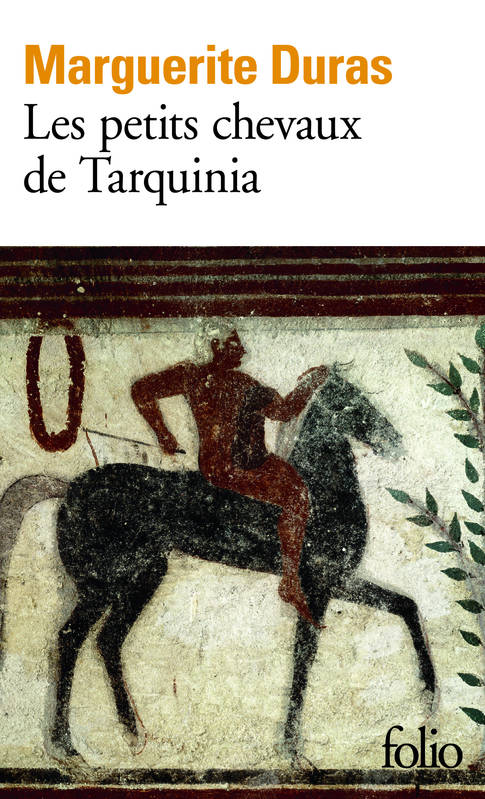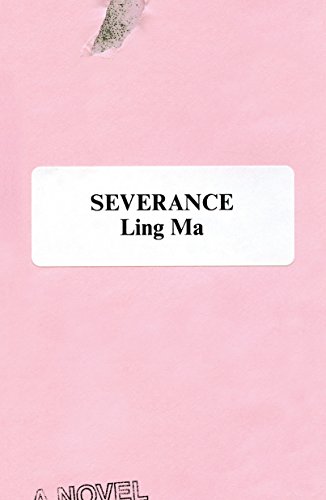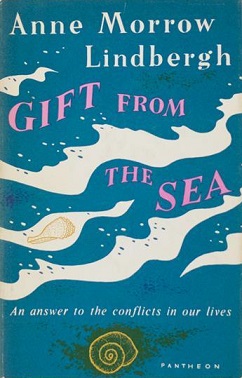I mentioned elsewhere on the Internet that unless you make a concerted effort to review your to-read list, it really becomes just a graveyard of aspirations. On this particular blog I used the graveyard metaphor in my review of The Jakarta Method, but originally I used it in a post elsewhere about Farewell to Manzanar, which I read over two years ago now: September 4, 2021, if Storygraph has it right. Farewell had been on my to-read list since probably around 2010 or so.
And yet I don’t have a post here about Farewell to Manzanar. I might have been too overwhelmed or too lazy or too whatever at the time, but I think another part of it was easily: what is there to say about a book like this one? There’s nothing I could say about this book that wouldn’t just be superfluous and trite, so why bother, in the end it would just come across as glib.
The same feeling prevails for I Know Why the Caged Bird Sings but I want to at least push through that wall to say: here is a book I read. Not for the sake of getting anyone else to read the book, because it doesn’t exactly need more hype, but because I want as complete a record of my reading as possible. So, to that end: story time!
My sambo’s discovery of mid-century pulp magazines a couple of years ago led to him occasionally reading spooky poetry from publications like Weird Tales etc. on his Twitch stream. This, in turn, has led to occasional suggestions for other poems from viewers and regulars, which is how earlier this year he ended up asking me if I’d ever heard of Maya Angelou. I thought for a second that he was joking, since he’s usually extremely clued in to American (popular) culture, but no, the question was in earnest.
“Of course. She’s probably one of the premiere American poets of the twentieth century. National treasure.”
“Someone requested a poem by her today and it was almost impossible for me to get through it without crying.”
“Mm-hm. Like I said, national treasure.”
And yet I didn’t get around to I Know Why the Caged Bird Sings until now. I’m glad that I read it but embarrassed it took this long.





